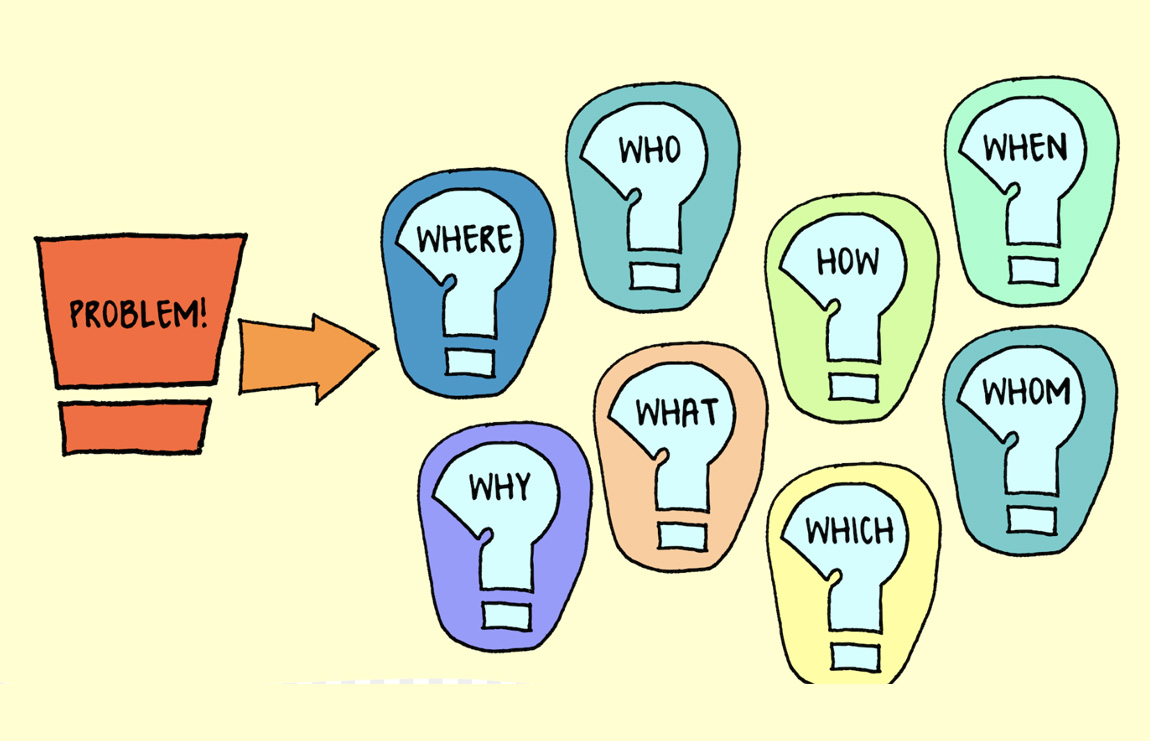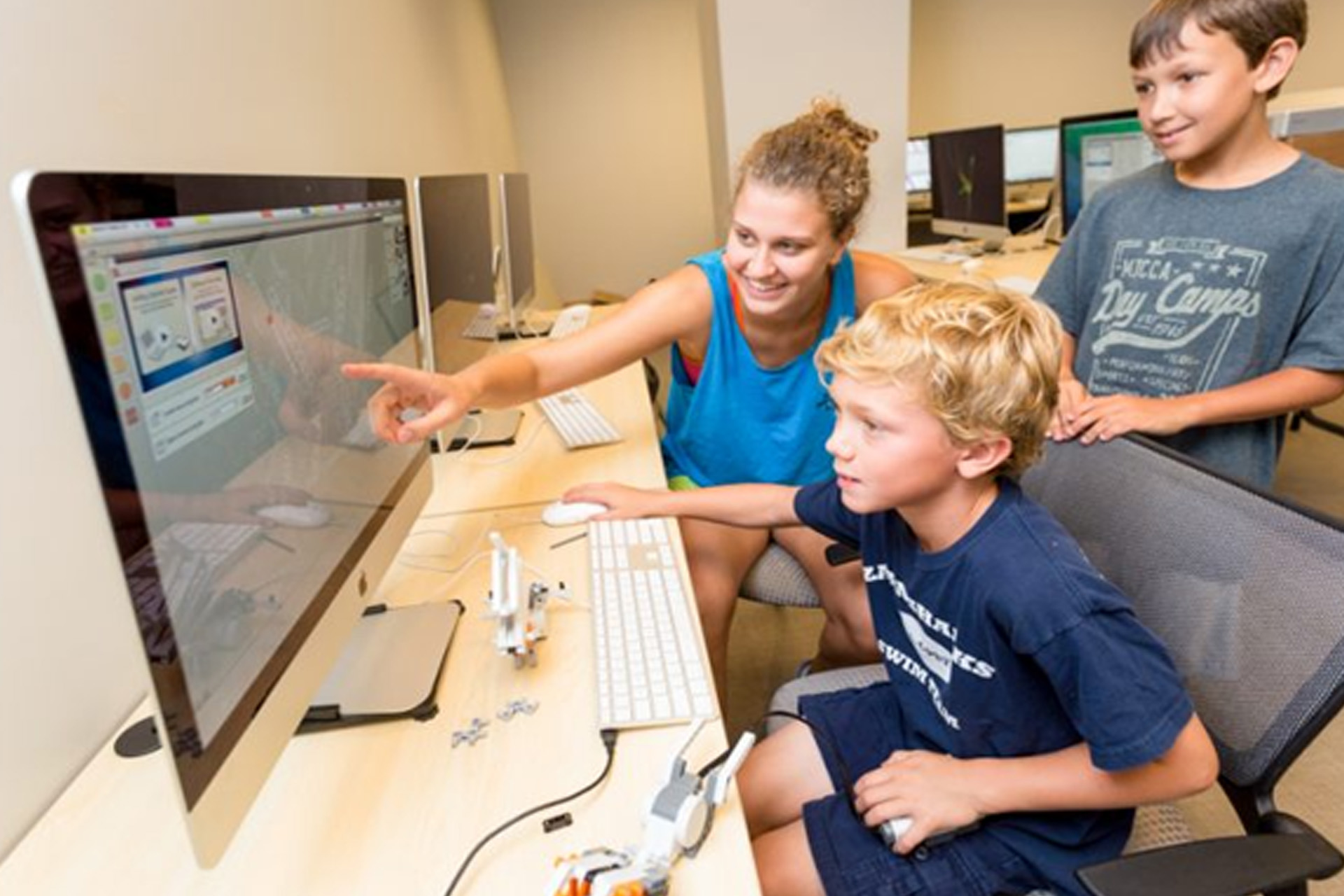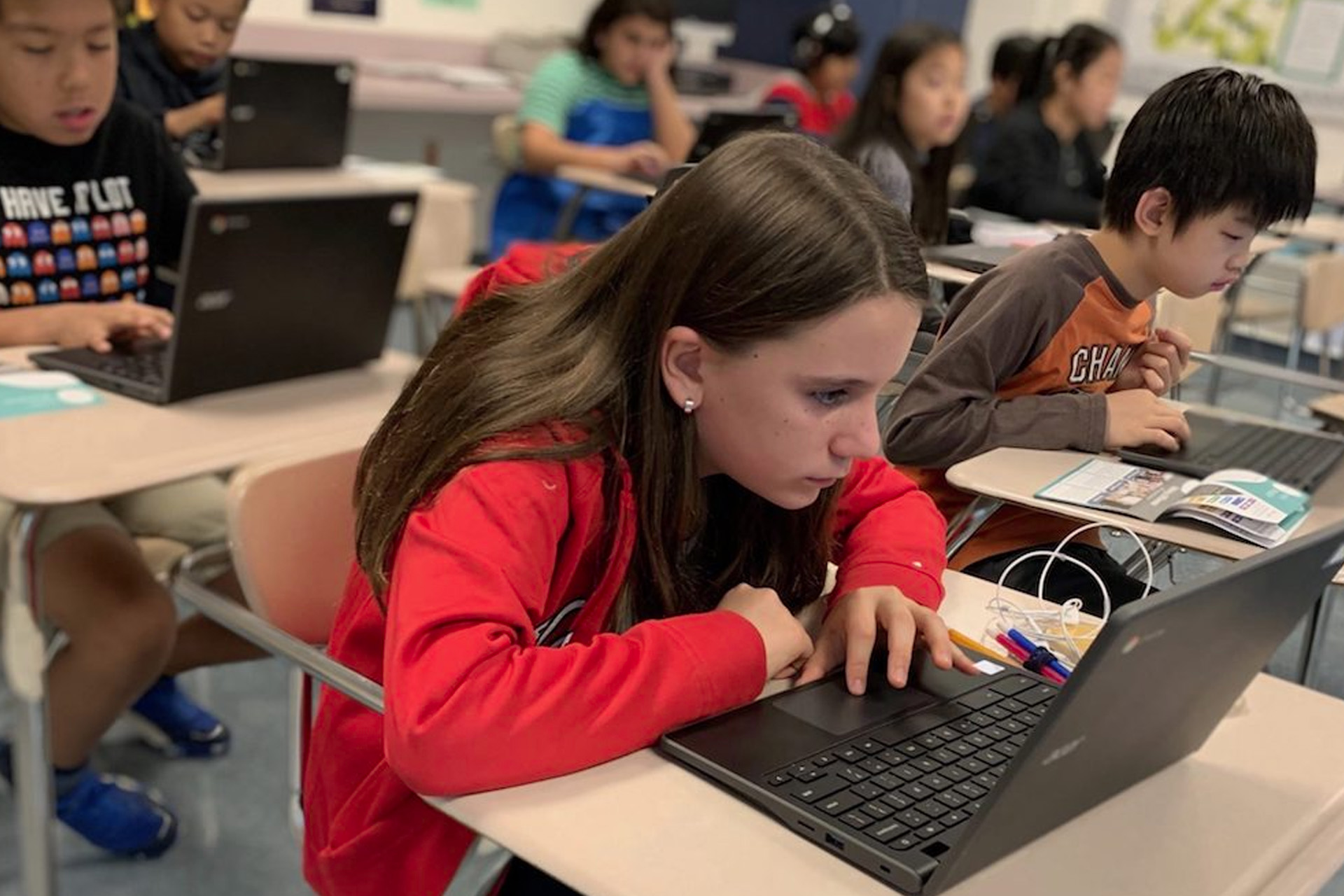
Deep Problem-Solving Skills and Logical Thinking
12 unique research areas for students to model advanced concepts and build up their breadth of coding expertise.


The MIT App Inventor platform is a visual programming language that will kickstart your kid’s interest in mobile app development.
With the right tools in hand and the right training, your kid is now ready to create an app that he is proud to show off to you.
Think from the user’s perspective and how they will act and react to different parts of the mobile interface and feedback to you about it.
App Inventor 1’s goal is to introduce mobile app programming, instill confidence and an adventurous spirit for students to continue exploring to become little app creators.


This tailor-made program has been effective in helping students build and present their body of artwork, idea development and creative thinking process in an impressive manner for local and overseas interviews, assessments, competitions and college admission. Its individualized nature offers flexibility to students who wish to develop their unique personal styles.